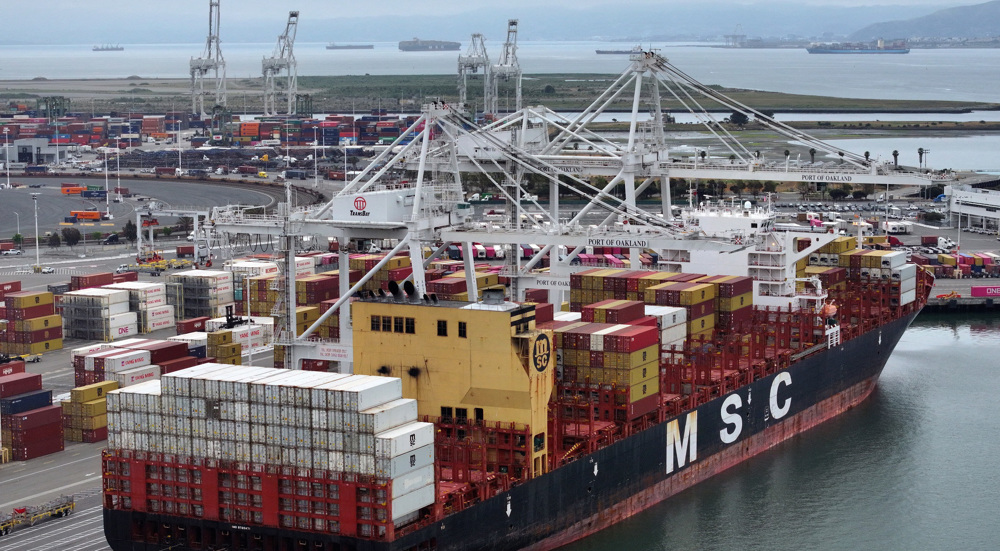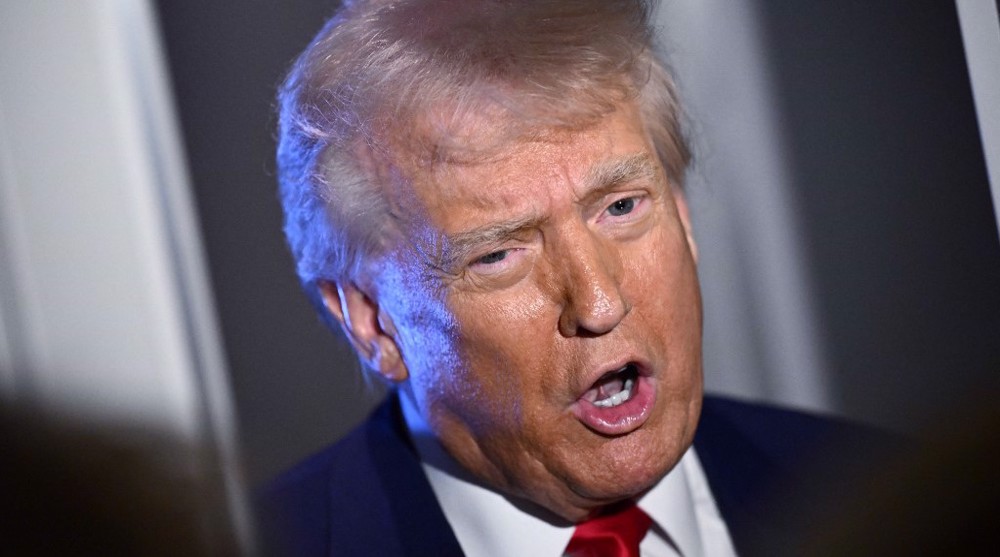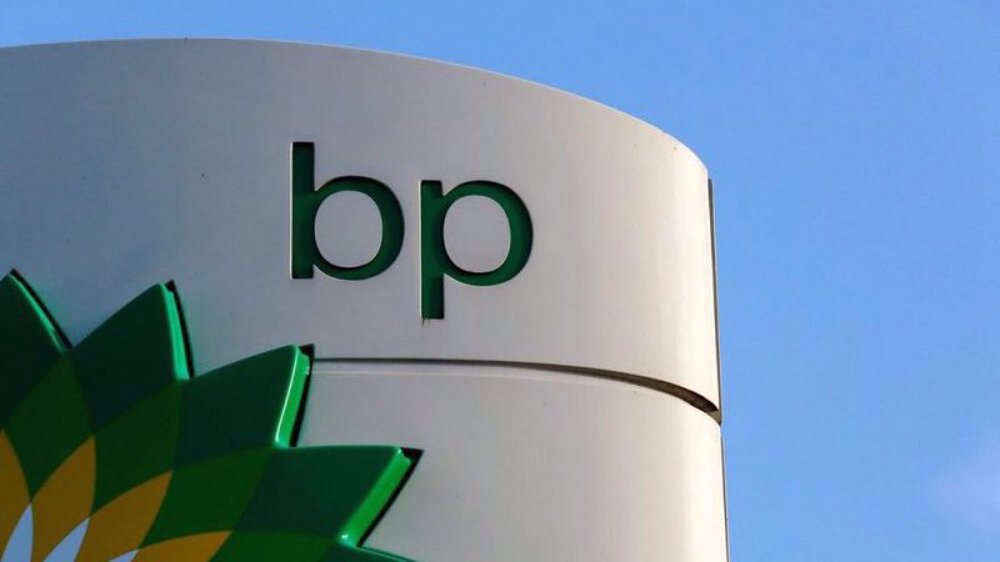'UK inequality grotesque'
The Equality Trust is urging the next U-K government to put equality at the heart of its political agenda after statistics showed that the richest 1,000 Britons have more wealth than the poorest 40% of households.
The organization’s statistics revealed that while the poorest 40% only have 452 billion pounds altogether, the richest one-thousand people in Britain are worth 547 billion pounds combined and had even seen their wealth increase by 28.151 billion in a year; the equivalent of 77 million pounds a day, or £893 a second.
The Equality Trust has found that this increase in wealth could:
-Provide 1,889,963 Living Wage jobs for a year, or 1,035,154 jobs paid at an average salary for 28.151 billion pounds
-Pay 9 months' worth of energy bills for all 26.7 million UK households for 26.9 billion pounds
-Pay the grocery bill for all of the UK’s users of food banks for at least 20 years for 27.64 billion pounds
-Pay a year’s rent for over 2.5 million households for 28.151 billion pounds

‘GROTESQUE INEQUALITIES’
The Trust's director,Duncan Exley, called the growing gap between the haves and the have nots ‘grotesque’ and urged a re-think of current policies.
“It is impossible to justify 1,000 people having more wealth than 40 per cent of the population. But this is the position the UK finds itself in, one of grotesque inequalities of wealth, income and power. No wonder over 80 per cent of people believe the gap between rich and poor is too great when vast wealth sits alongside grinding poverty.”
Anti-austerity campaigner, Zita Holbourne, told Press TV that for those who work with ordinary struggling families on a daily basis, the news is sobering but not surprising:
“It's really demoralizing for the individuals for those wondering if they can afford to buy some new clothes for their child that's growing, can they afford the school trips because actually they just struggling to pay the bills and keep the roof over their heads.”
Political commentator, Jonathan Rosenhead, described the situation as follows:
“We have a situation in which there are poor people who are having to make these difficult choices, particularly in winter months, between keeping enough heating turned on versus eating and if they are eating, may be not, there are people who are not able to heat the food they are eating and they are choosing really cheap diets which are not necessarily healthy ones.”
The organization said unequal societies such as the UK “suffer from poorer physical and mental health, lower life expectancy, higher rates of violent crime, poorer educational outcomes, and lower levels of trust."

SOLUTIONS?
“At the moment its people in the voluntary sector are individuals and charities who are supporting people who are in desperate need and that shouldn't be the case everybody should be able to earn a living wage everybody should be able to put a roof over their head and pay their bills and have food coming in and not have to struggle just to survive,” said Holbourne.
The organization’s director suggested that “politicians on all sides need to bring forward concrete proposals to reduce inequality. And all political parties looking to form the next government must commit to its reduction.”
“Anything less sells us all short”.
HH/PHX

China halts liquefied natural gas imports from US amid tariff war

Negative impact of Trump tariffs on UK economy

BP to be sued in Britain for supplying oil to Israel
US announces new Iran sanctions despite ongoing nuclear talks
Iraqi MP files lawsuit against Syria’s leader Julani over 'terrorist' past
Iran urges Germany to probe wartime supply of chemical weapons to Iraq
Over 65,000 children hospitalized for malnutrition as Israel starves Gaza
Hamas condemns Gaza blockade as war crime, demands global action
At ICJ hearings, South Africa says Israel committing genocide with 'impunity'
Top Russian carmaker eyes localization project in Iran
VIDEO | Press TV's news headlines






 This makes it easy to access the Press TV website
This makes it easy to access the Press TV website